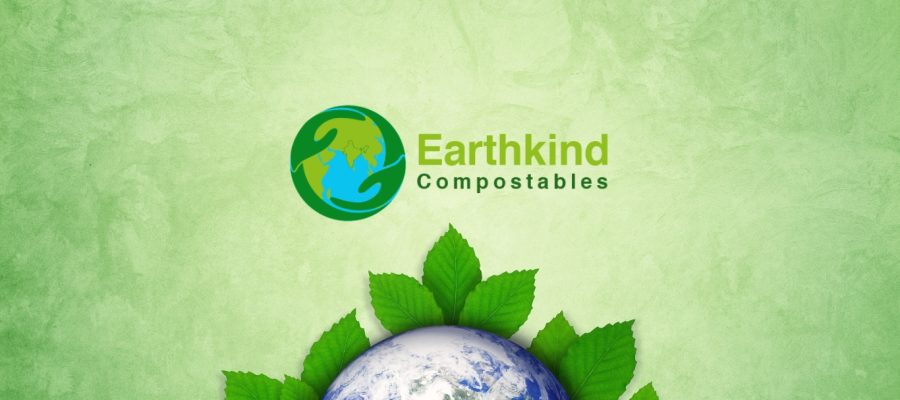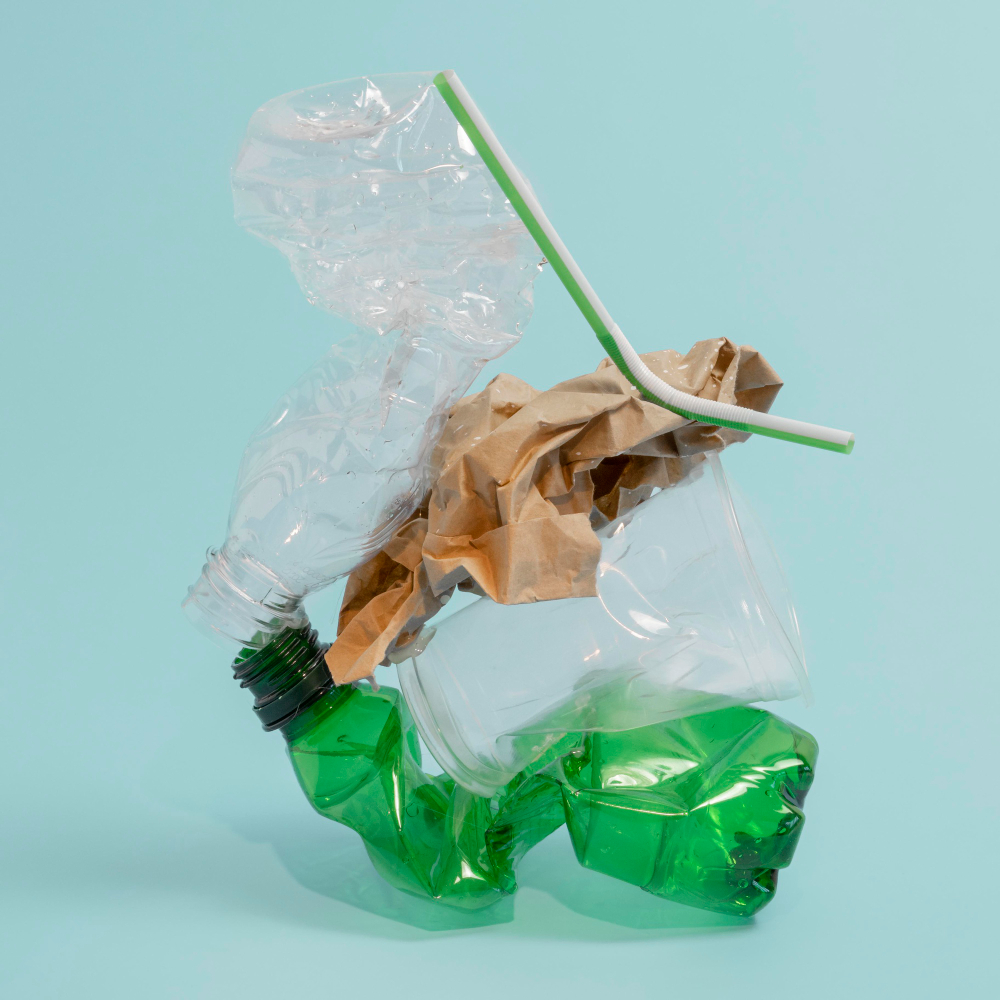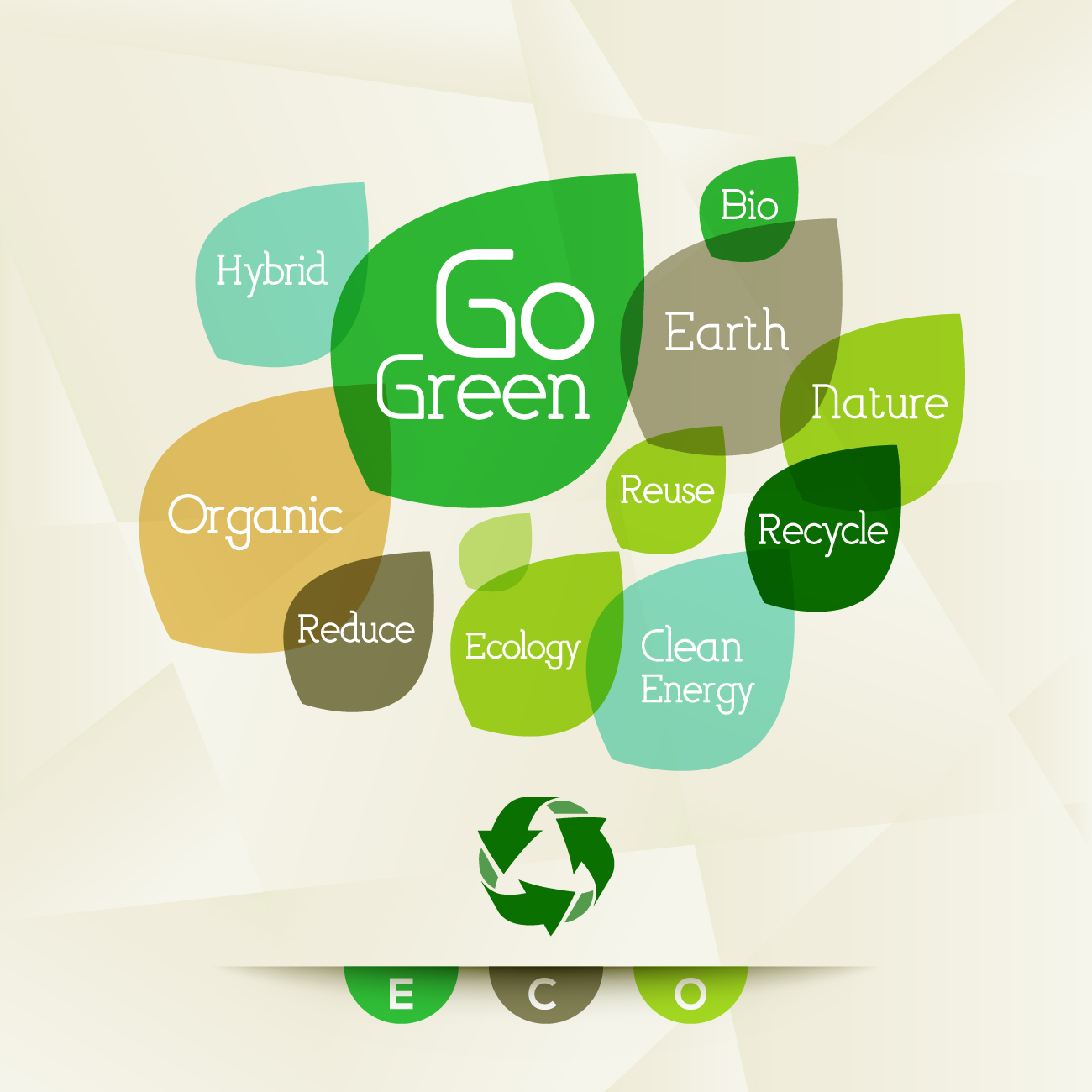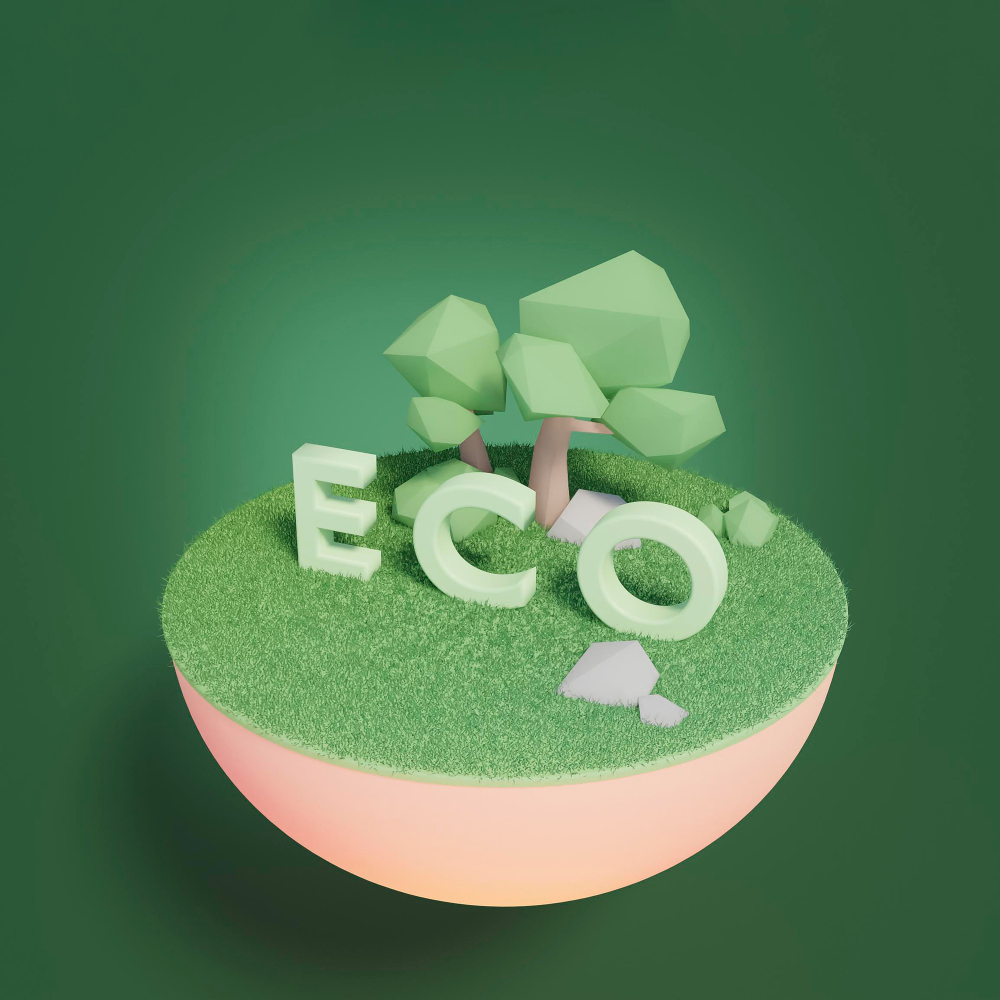Introduction
Single-use plastics have become an integral part of daily life, from grocery bags and water bottles to food packaging and cutlery. However, their convenience comes at a significant environmental cost. These plastics contribute to pollution, harm wildlife, and take hundreds of years to break down. Addressing this crisis requires collective action, including reducing usage, switching to sustainable alternatives, and supporting policies that promote environmental conservation.
The Devastating Impact of Single-Use Plastics
Single-use plastics are designed for short-term use but have long-lasting consequences for the planet. Here are some of the major environmental issues caused by these materials:
Plastic Pollution in Oceans and Landfills
Every year, millions of tons of plastic waste end up in the oceans, threatening marine life. Plastic debris is often mistaken for food by marine animals, leading to ingestion, choking, or even death. Additionally, plastic waste clogs landfills, where it remains for centuries without decomposing.
Microplastics and Their Health Hazards
Over time, plastics break down into tiny particles called microplastics. These particles have been found in soil, water, and even the food we eat. Studies suggest that microplastics can harm human health by entering the bloodstream and disrupting biological processes.

Carbon Footprint of Plastic Production
The production of plastics relies heavily on fossil fuels, releasing greenhouse gases that contribute to climate change. From extraction to manufacturing, the entire lifecycle of plastic products accelerates global warming and depletes non-renewable resources.
Ways to Reduce Single-Use Plastic Waste
While the plastic crisis is alarming, we can take significant steps to reduce its impact. Here are some practical solutions:
Switch to Compostable Alternatives
One of the most effective ways to cut down on plastic waste is by using compostable products made from natural materials like cornstarch, bamboo, or plant-based fibers. Unlike traditional plastics, compostable items break down naturally without leaving toxic residues.
Adopt a Reusable Lifestyle
Small changes in daily habits can make a big difference. Carrying reusable shopping bags, water bottles, and coffee cups reduces the demand for single-use plastics. Opt for stainless steel, glass, or biodegradable materials whenever possible.
Say No to Plastic Packaging
Many brands now offer package-free or biodegradable packaging options. Choosing products with minimal or eco-friendly packaging encourages companies to adopt sustainable practices.
Support Recycling Programs
Proper recycling ensures that plastics don’t end up in landfills or oceans. Check local recycling guidelines and make sure to dispose of plastic waste responsibly. Supporting businesses that use recycled materials also promotes a circular economy.
Educate and Advocate
Raising awareness about plastic pollution and its consequences can drive community-wide action. Encouraging friends, family, and local businesses to adopt sustainable practices helps create a more environmentally conscious society.
Conclusion
Single-use plastics pose a serious threat to the environment, but we have the power to make a change. By adopting reusable alternatives, supporting compostable products, and advocating for responsible waste management, we can collectively reduce plastic pollution and protect our planet for future generations. Every choice counts—let’s choose sustainability over convenience!





